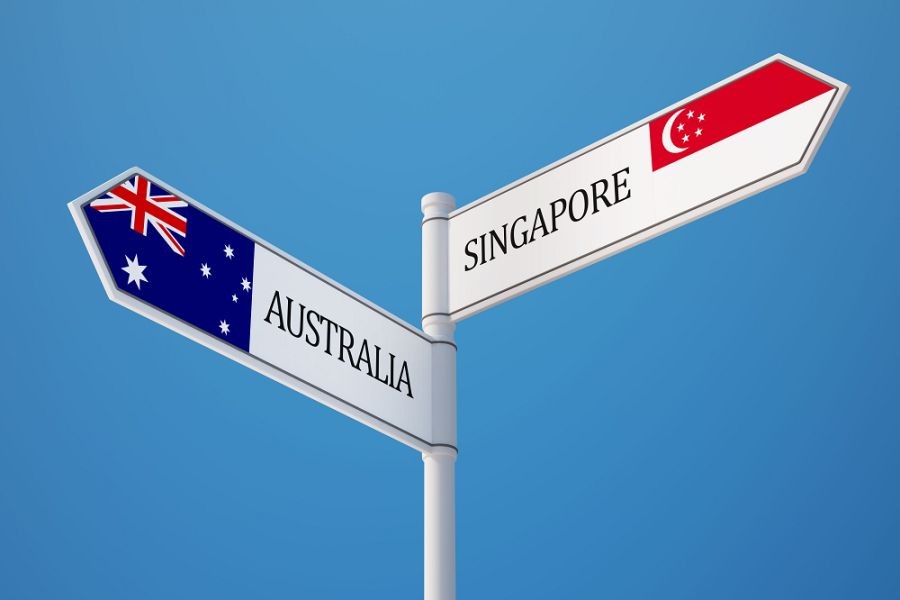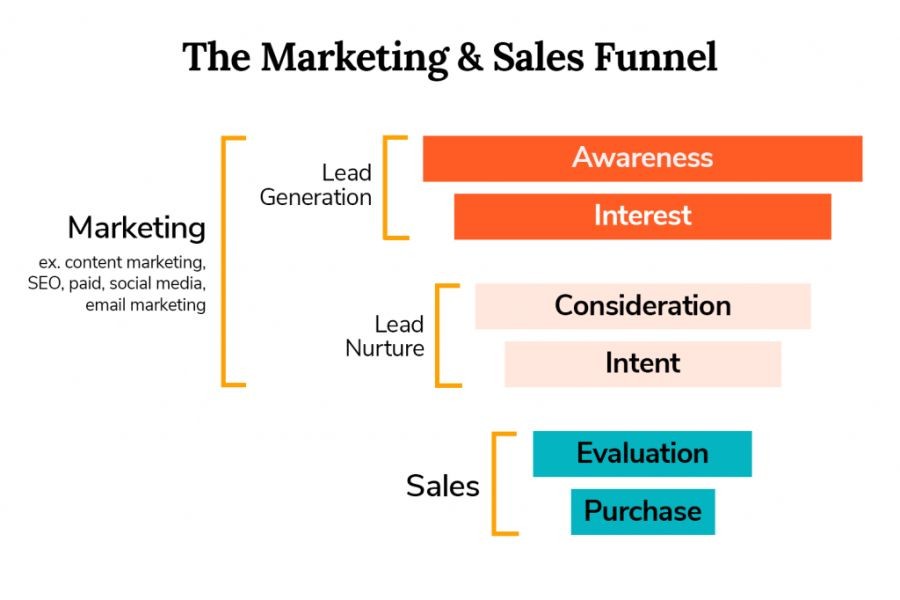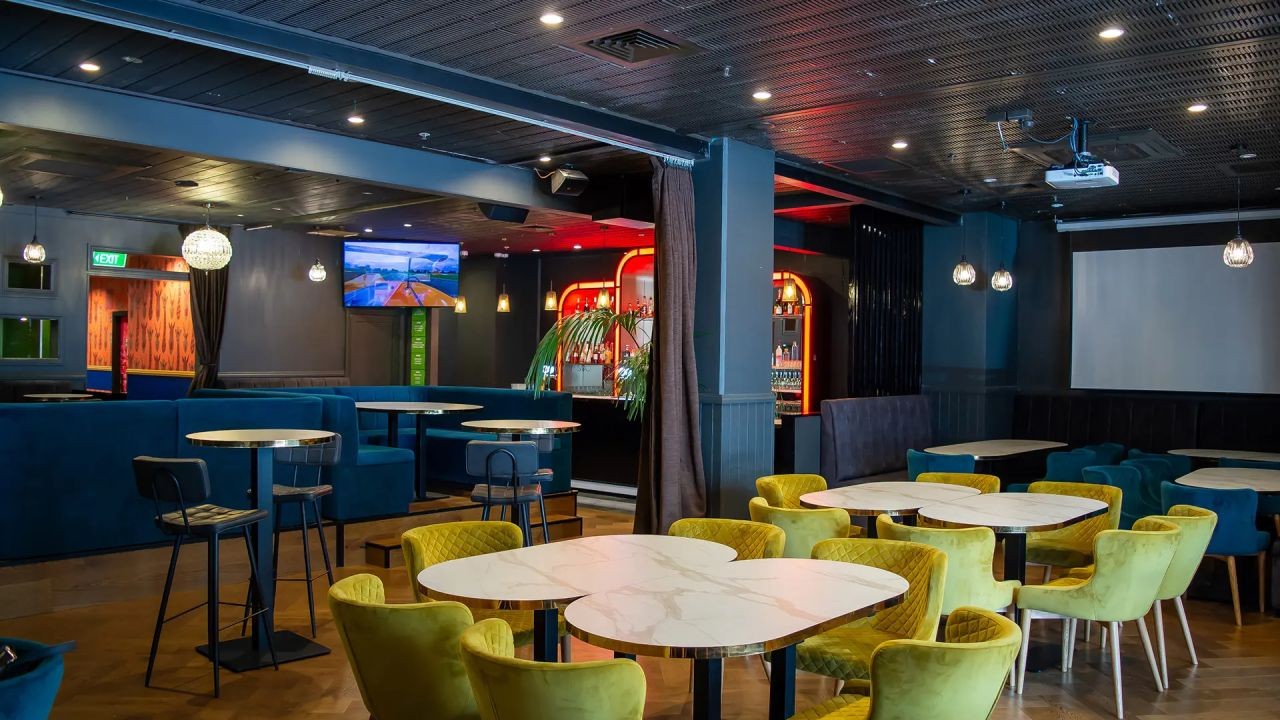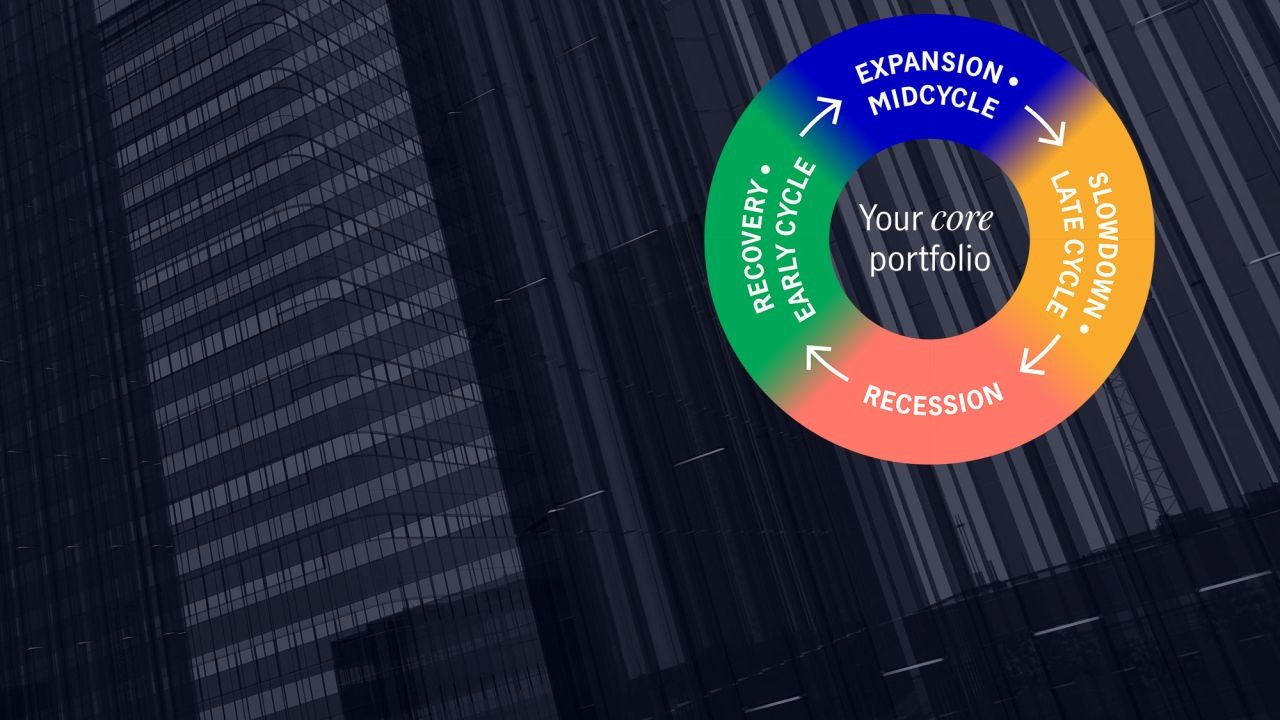In the dynamic landscape of global business, two standout contenders—Australia and Singapore—often capture the attention of investors and entrepreneurs seeking a favorable business environment. Both nations offer compelling reasons for investment, yet they differ significantly in their regulatory frameworks, economic landscapes, and industry dynamics. This comparative analysis aims to provide a nuanced understanding of who truly offers the better business environment, with a particular focus on the Australian context.
Australia's Economic Landscape: A Closer Look
Australia boasts a robust and diversified economy, with sectors like mining, finance, and agriculture leading the charge. According to the Australian Bureau of Statistics, Australia's GDP grew by 3.2% in 2022, driven by strong exports and domestic consumption. The Reserve Bank of Australia (RBA) has maintained a steady interest rate policy, supporting economic growth while keeping inflation in check. The economic stability and growth potential make Australia an attractive destination for investors.
However, challenges such as regulatory complexity and high corporate tax rates—currently at 30%—pose hurdles for businesses. The Australian Competition & Consumer Commission (ACCC) and the Australian Prudential Regulation Authority (APRA) enforce stringent regulations, aiming to maintain a competitive and fair market environment. While these regulations protect consumers, they can be a double-edged sword for businesses navigating compliance requirements.
Singapore: The Business-Friendly Haven
Singapore, on the other hand, is renowned for its business-friendly policies, low tax rates, and strategic location in Southeast Asia. With a corporate tax rate of 17%, Singapore offers a significant tax advantage over Australia. The city-state's efficient regulatory framework and ease of doing business are reflected in its consistent top rankings in the World Bank's Ease of Doing Business Index.
Moreover, Singapore's government actively fosters innovation and entrepreneurship through initiatives like the Smart Nation program, which aims to integrate advanced technologies into everyday life. This proactive approach has positioned Singapore as a hub for tech startups and innovation, attracting global talent and investments.
Comparative Analysis: Regulatory Insights
Australia and Singapore differ markedly in their regulatory landscapes. In Australia, the regulatory environment is characterized by comprehensive consumer protection laws enforced by the ACCC. These laws ensure fair trading and competition, but they also mean higher compliance costs for businesses. For instance, the Australian Taxation Office (ATO) has been actively cracking down on tax evasion, which, while promoting transparency, adds to the regulatory burden on companies.
Conversely, Singapore's regulatory framework prioritizes efficiency and minimal bureaucracy. The Monetary Authority of Singapore (MAS) ensures financial stability while promoting innovation in financial services. This balance has made Singapore a leading fintech hub, with companies benefiting from a supportive regulatory environment that encourages experimentation and growth.
Real-World Case Study: Atlassian's Global Expansion
Atlassian, an Australian software giant, provides a compelling case study of navigating these contrasting business environments. Facing intense competition and regulatory pressures in Australia, Atlassian strategically expanded its operations to Singapore, taking advantage of its favorable tax policies and access to Southeast Asian markets.
**Problem:** Atlassian needed to maintain competitive pricing and expand its market reach.
**Action:** The company leveraged Singapore's lower corporate tax rates and business-friendly environment to establish a regional hub, facilitating further expansion into Asia.
**Result:** Atlassian reported a 20% increase in revenue from the Asia-Pacific region within two years of establishing its Singapore office.
**Takeaway:** This case illustrates the strategic value of leveraging Singapore's business environment to complement operations in Australia, optimizing for tax efficiency and market access.
Pros and Cons: Australia vs. Singapore
Pros of Investing in Australia:
- Resource Richness: Australia’s abundant natural resources fuel industries like mining, offering lucrative investment opportunities.
- Stable Economy: A diversified economy with strong GDP growth and a resilient financial sector.
- Skilled Workforce: High education standards contribute to a skilled labor force.
Cons of Investing in Australia:
- High Corporate Tax: A 30% corporate tax rate can deter potential investments.
- Regulatory Complexity: Stringent regulations can increase compliance costs and complexity.
- Geographical Isolation: Distance from major global markets can impact logistics and trade.
Pros of Investing in Singapore:
- Low Tax Environment: A 17% corporate tax rate attracts global businesses.
- Strategic Location: Proximity to key Asian markets facilitates trade and expansion.
- Innovation Hub: Government incentives promote tech innovation and entrepreneurship.
Cons of Investing in Singapore:
- Limited Natural Resources: Dependence on imports for raw materials can be a limitation.
- High Living Costs: The cost of living and business operations can be high.
- Space Constraints: Limited land availability affects expansion potential.
Common Myths & Mistakes
Myth: Australia's Regulatory Environment Is Stifling Business Growth
Reality: While compliance can be complex, Australia's regulations promote fair competition and consumer protection, ultimately fostering a stable business environment.
Myth: Singapore's Low Tax Rates Guarantee Success
Reality: While attractive, low taxes alone don't ensure business success. Companies must also adapt to Singapore's competitive market and high operational costs.
Myth: Geographical Isolation Limits Australia's Global Reach
Reality: Australia's strategic trade agreements and robust infrastructure mitigate isolation challenges, facilitating global market access.
Future Trends & Predictions
Looking ahead, both Australia and Singapore are poised to continue evolving their business environments. In Australia, digital transformation and renewable energy are emerging as key investment areas, supported by government initiatives and incentives. According to a report by the Treasury AU, Australia's digital economy is projected to contribute $315 billion annually by 2025.
Singapore, meanwhile, is expected to maintain its position as a global fintech leader. The Monetary Authority of Singapore predicts that the fintech sector will grow by 30% annually, driven by innovations in blockchain and digital banking.
Conclusion: The Final Takeaway
In conclusion, the choice between Australia and Singapore depends largely on specific business goals and industry contexts. Australia offers a stable, resource-rich environment with a skilled workforce, while Singapore provides a low-tax, innovation-driven ecosystem with strategic market access. Investors must weigh these factors against their objectives, leveraging the strengths of each nation to maximize opportunities.
For those considering expansion or investment, the key is to strategically navigate the regulatory landscapes and capitalize on emerging trends in both markets. Engage in discussions on LinkedIn AU, Startup AU forums, or Business Council of Australia groups to exchange insights and strategies.
People Also Ask (FAQ)
How does the business environment impact Australian companies? The business environment influences company growth, compliance costs, and market access. Australia's stable economy and skilled workforce offer a strong foundation, while regulatory complexities can pose challenges.
What are the biggest misconceptions about investing in Singapore? A common myth is that low tax rates guarantee success. However, businesses must also navigate high operational costs and a competitive market.
What upcoming changes in Australia could affect businesses? By 2025, digital transformation and renewable energy initiatives are expected to significantly influence business strategies, supported by governmental incentives.
Related Search Queries
- Australia vs. Singapore business environment
- Investment opportunities in Australia
- Singapore corporate tax benefits
- Australia's regulatory challenges
- Singapore fintech growth
- Australia's digital economy
- Business expansion in Singapore
- Australia vs. Singapore economic comparison
- Australia's trade agreements
- Singapore's innovation initiatives


































Bongile Frank Stemela
6 months ago